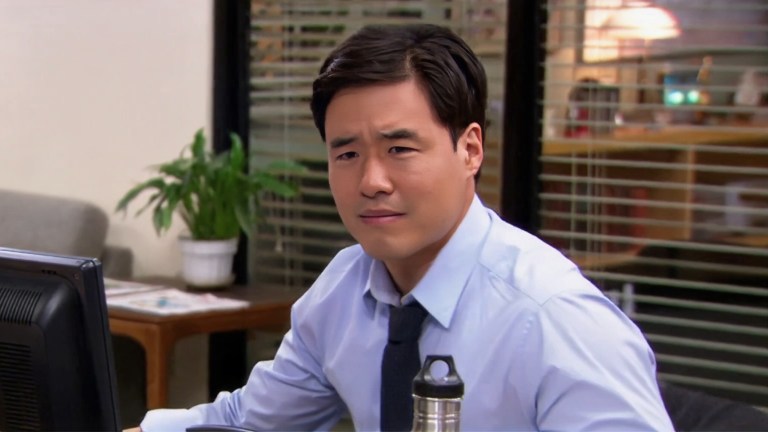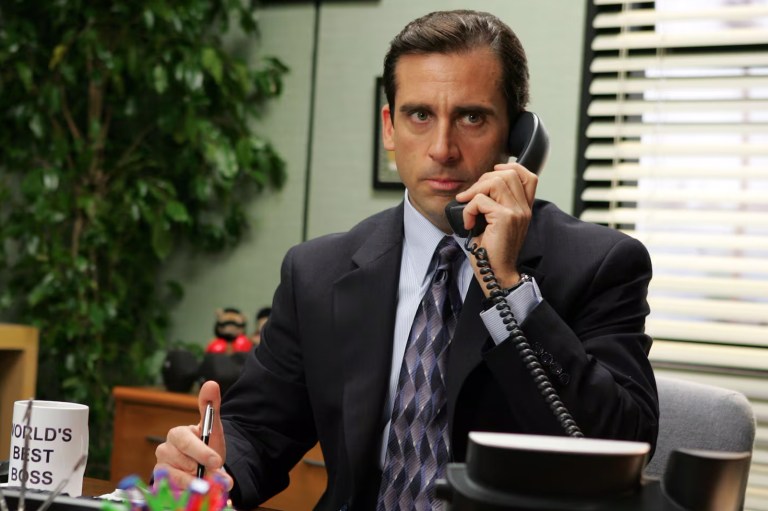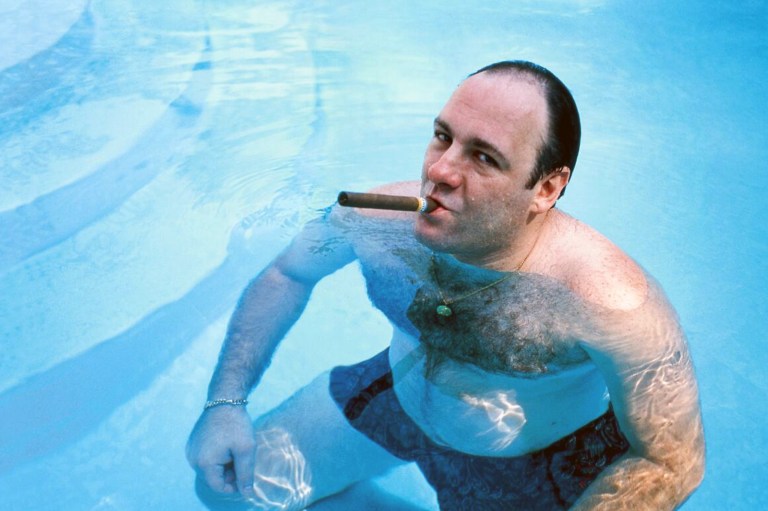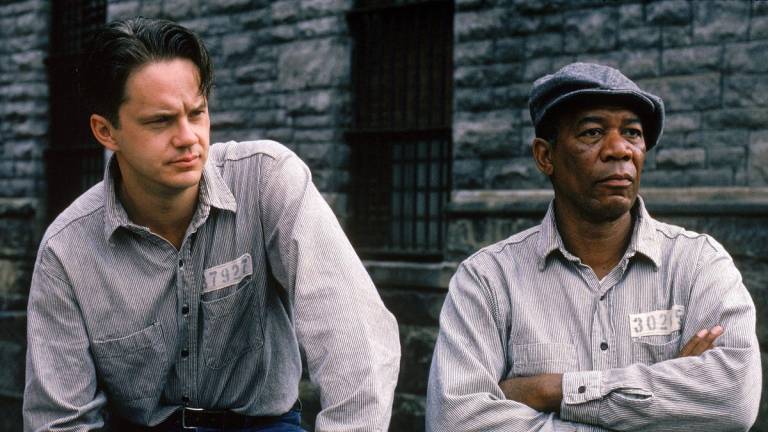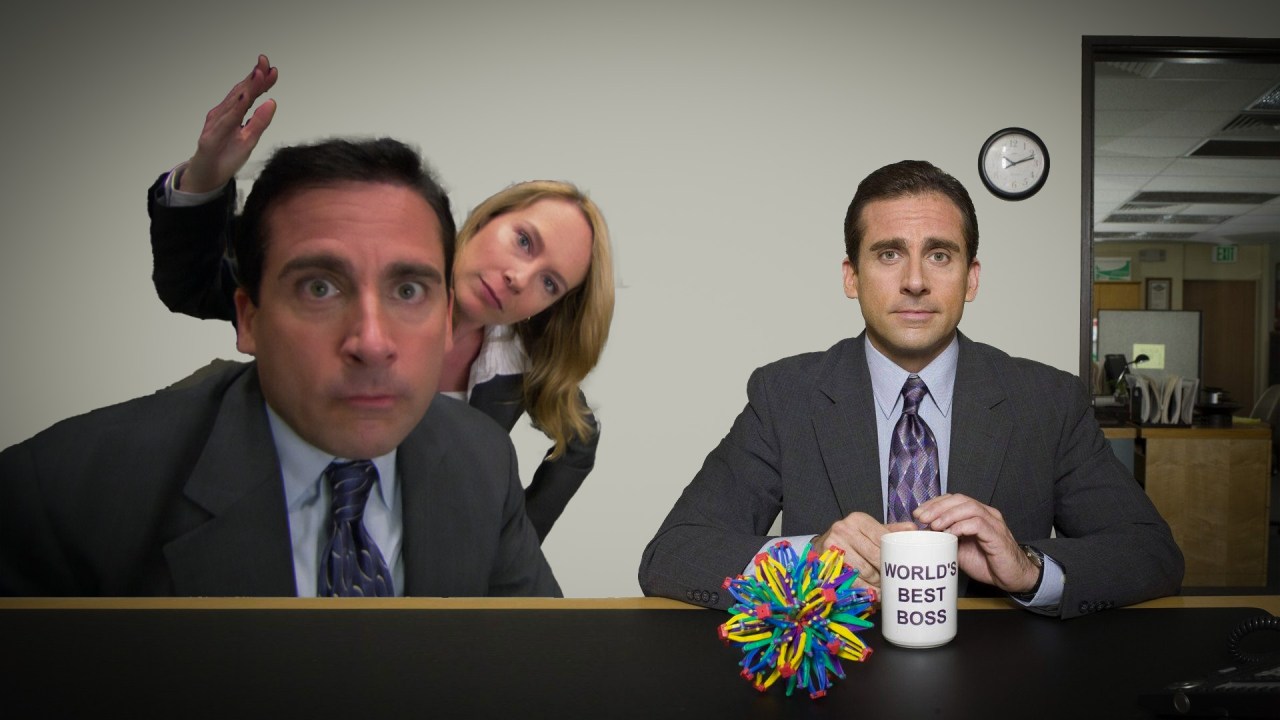
5 Reasons Why Michael Scott From ‘The Office’ Was Actually An Amazing Leader
Don't let the cringey awkwardness of The Office fool you: Michael Scott would actually be the perfect boss.
At first glance, Michael Scott seems like a terrible boss. Truth is, he’s one of those rare gems you’d be lucky to have.
Anyone who has experienced the “joys” of working receives heart palpitations watching Michael Scott (Steve Carell) in action on The Office. The former regional manager of the Scranton, Pennsylvania branch of Dunder Mifflin never failed to be chaos incorporated, as his wild ways of managing staff led to the most outrageous encounters and situations. Even though Michael drove everyone up the wall with his antics and endless desire to be loved, he wasn’t a bad boss – in fact, he’s an amazing leader. So, let’s take a look at the reasons we should all be following Michael Scott on LinkedIn instead of those newsletter-peddling grifters on the platform.
He supports people’s other endeavors.
Let’s be real here for a second: Most people have other interests and hobbies outside of the workplace. While most managers give speeches about how that’s all fine and dandy but everyone’s focus should remain on the job at hand, Michael showed a genuine excitement for his staff’s passion projects and encouraged them to pursue their dreams. Case in point: Pam Beesly’s (Jenna Fischer) art show.
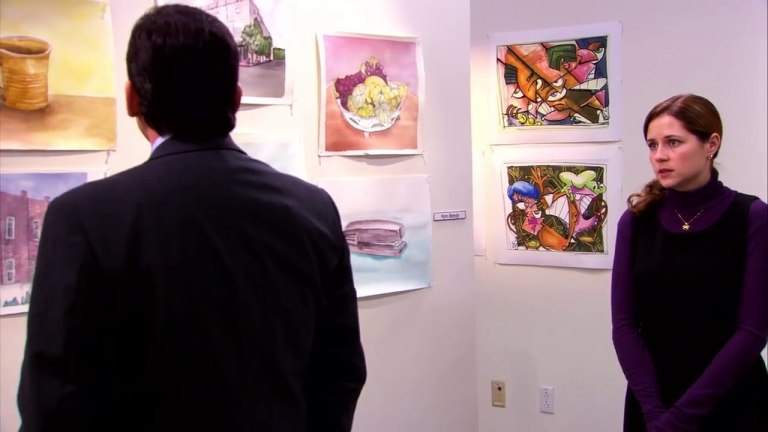
While most of Pam’s colleagues failed to appear on the evening, or even belittled the quality of her work, Michael took the opposite approach. He praised Pam’s art and asked to buy one of her drawings. It wasn’t only a sympathy purchase either, as Michael hung Pam’s art right in front of his office to show the world. By putting his money where his mouth is, he indirectly gave Pam the encouragement to continue pursuing her art in a moment in which she almost wanted to pack it all in. He owed Pam nothing, but he chose kindness over anything else here and led by example of how others should treat their co-workers. What a guy!
He doesn’t like butt-kissers.
Look, everyone likes to feel special and important, but there’s nothing worse than an obvious suck-up who only says and does nice things to get ahead. The Office‘s prime example: Andy Bernard (Ed Helms). At a point, the apex predator of butt-smoochers gets into a sickening competition with Dwight Schrute (Rainn Wilson) to see who can win Michael’s approval the fastest. While Dwight actually likes Michael, Andy saw him more as the key to unlock his door to management. Yes, Andy succeeds in the end because the world of corporate rewards butt-kissers, but his actions didn’t fool Michael for too long.
There’s a reason Michael valued Jim Halpert (John Krasinski) more than the others in The Office. When there was a need for a reality check or legitimate advice, Michael turned to Jim for his opinion. (Let’s turn a blind eye to the time in which Michael thought Jim wanted his position and tried to intentionally sabotage him–but hey, not everyone’s perfect.) A leader understands the importance of receiving honest feedback at critical stages. Too often, the people who vie for the top spots are the ones who will repeat back to their bosses what they think they want to hear rather than what they need to. Michael preferred engaging with the rare authentic people in Dunder Mifflin’s snakepit.
He knows HR only serves corporate interests.
You know how human resources says workers should approach them when there’s an issue? Yeah, don’t. Michael Scott understands that HR is only there to further corporate’s interests–nothing more–hence his reluctance to accept Toby Flenderson (Paul Lieberstein) as one of the team. Michael’s assessment of Toby proves to be spot-on, too, since Dunder Mifflin’s resident HR rep is a sniveling snitch. Think about it: Whenever something happened among the staff or there was a minor disagreement, it didn’t take too long for the news to reach the top brass of Dunder Mifflin, as Toby played office James Bond and squealed back to his superiors.
Also, lest we forget, human resources frown upon office romances, but that didn’t stop Toby from trying his luck with Pam and Holly Flax (Amy Ryan). Michael never tells a single lie about HR in his stint as manager, and his subordinates would be wise to heed his advice about Toby’s trustworthiness. To quote the great Scott: “Why are you the way that you are? Honestly, every time I try to do something fun or exciting, you make it not that way. I hate so much about the things that you choose to be.”
He knows the importance of having fun.
What’s the difference between work and death? Death doesn’t need anyone to fill out a timesheet. It’s a joke–obviously… maybe–but it’s the way a lot of people feel about the daily grind. It shouldn’t be that way, though, and Michael did everything possible to make every day eventful at the paper company. When Dunder Mifflin’s workers stepped into the office, they didn’t know what awaited them–and that’s the exciting part.
Michael would surprise them with popcorn and a film–or maybe he’d bring out his alter ego Prison Mike to teach them important lessons about, um… prison. In terms of team building, he brought them all together to make a movie–yes, a movie. During company time, and on Dunder Mifflin’s dime, the staff got together to create Threat Level Midnight. The film had a part for everyone and featured a bit of everything from every genre.
He knows when it’s time to move on.
Gone are the days when people were lifers at a company. Work changed, and people move on for different reasons all the time. While it’s sad to see beloved colleagues embark on new journeys, it’s like the old adage says: “If you love someone, set them free.” Sure, Michael hurts when people like Jim take new opportunities and leave the Scranton branch, but he realizes why they do it and keeps his arms wide open if they choose to return.
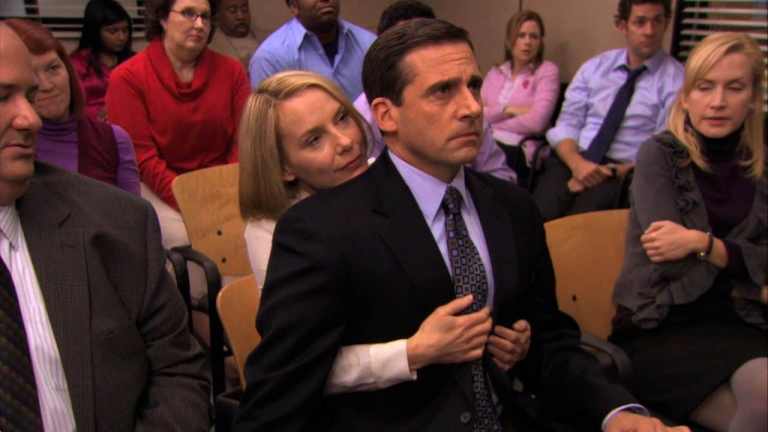
He also gambles on himself several times throughout The Office, especially when Dunder Mifflin doesn’t see his value at critical points. In the end, Michael decides to leave Scranton and the company because of love. He achieved everything that he needed to and turned the next page in his life to start a new chapter. It’s a lesson for everyone: Don’t be afraid of embracing change, even when it’s hard… That’s what she said!
